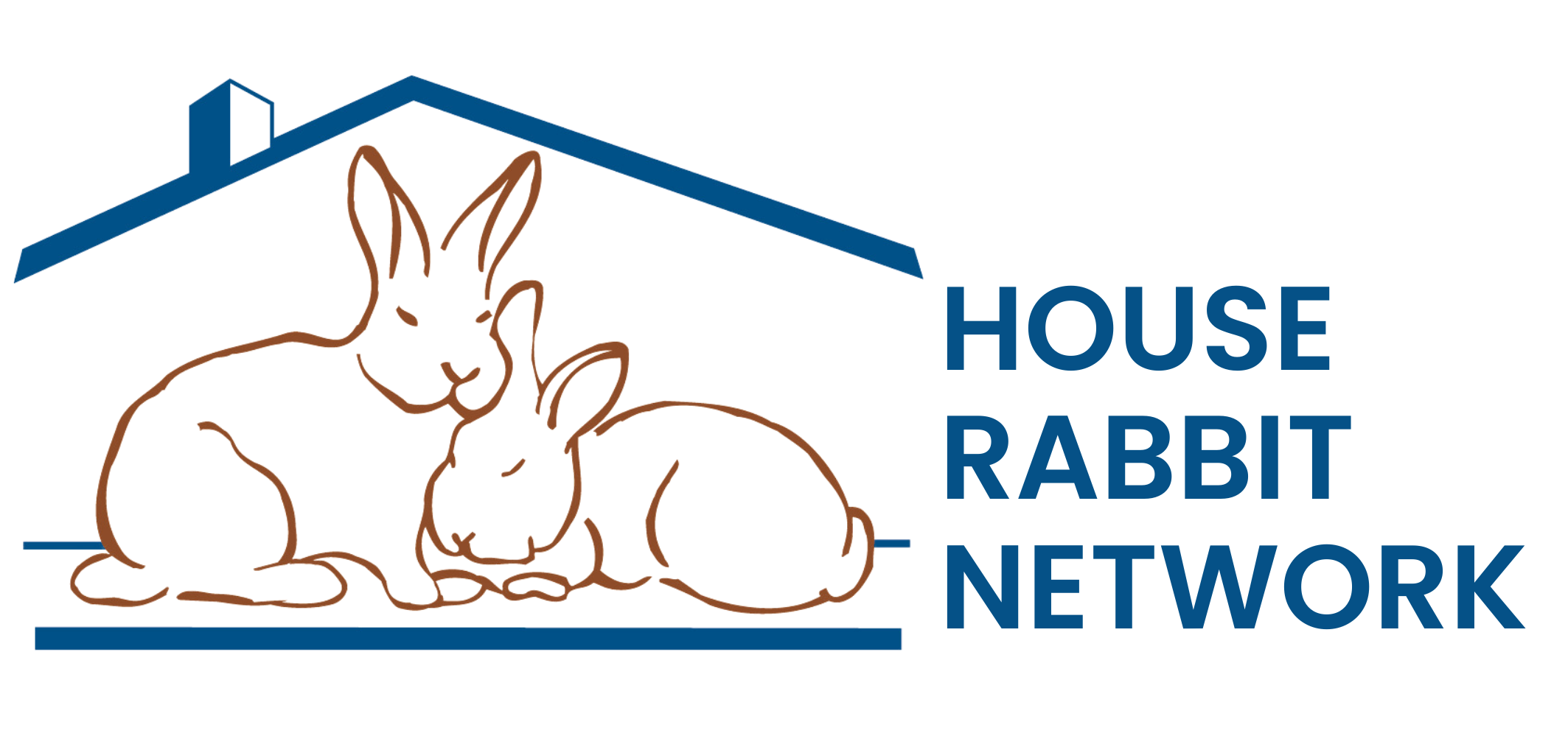Easter Message
Easter is fast approaching and that means pet stores are stocking up with “Easter Bunnies”. Many families can’t resist these sweet little pets for their young children, but all too often are not prepared for the long term commitment. Typically the novelty wears off and the rabbits are dumped at a shelter, or worse, set free in the woods. We encourage you to to carefully consider whether a live rabbit is right for you and your family, and if not, to opt for a stuffed toy bunny for your child to cuddle instead.
Contrary to popular belief, rabbits do not make particularly good pets for children. Pet rabbits are domesticated prey animals who are highly sensitive to their environment. The natural curiosity and energy level of young children can create too much stress for most rabbits. Also, children often prefer a pet they can hold, cuddle and play with, while rabbits rarely tolerate being carried around and do not play interactively. This often leads to the rabbit being labeled as “boring” and left alone in her cage day after day. As sociable, inquisitive animals, rabbits require several hours of play time every day for their well being where they can interact with their human friends without high noise or stress levels.
Young children can be dangerous to rabbits. Rabbits have fragile spines that can break if they are dropped by a child. We have often seen rabbits with broken spines and legs from children playing with them- even very gentle children don’t have sufficient eye-hand coordination to handle a rabbit. A frightened rabbit can also kick and scratch, injuring a child or adult who does not handle him properly.
Each year after Easter we also receive many phone calls from people who purchased a bunny who died within days or weeks. Sadly some pet stores sell rabbits as young as 4 weeks old. Since the babies don’t wean until 6-7 weeks old, their digestive tracts have not properly formed. This can lead to diarrhea, other gastrointestinal problems, and sometimes death. Raising baby rabbits requires specialized care and diet, so babies should not be separated from their mothers and siblings until they are 8 weeks old.
If you think that rabbits are a good “starter” pet for your child, please think again. Rabbits are as much work as a dog or cat. They require fresh vegetables and pellets at least twice a day, cleaning of litter boxes, daily changes of water bottles, supervision when playing, fresh hay and visits to the veterinarian. They should be spayed or neutered. Just like other pets, they can also be destructive, chewing on furniture, baseboards and wires. While rabbits use a litter box fairly reliably, they will occasionally have accidents and, if not spayed or neutered, may spray or “mark territory” with urine or droppings.
Rabbits can make wonderful pets for the right home, but it is important that you understand what you are getting into first. You need to be ready to make a 7-10 year commitment, as that’s the expected lifespan of an indoor rabbit. We do adopt rabbits out to homes with children, but the parent(s) must genuinely enjoy caring for the rabbits and take primary responsibility for the pet. Young children must be supervised at all times when with the rabbit. If you would like more information about rabbits, please read some of our other literature and call our hotline at 781-431-1211. One of our volunteer educators or adoption counselors will be happy to answer your questions and help you decide whether a rabbit is the right pet for your home.
by Suzanne Rubins and Suzanne Trayhan
